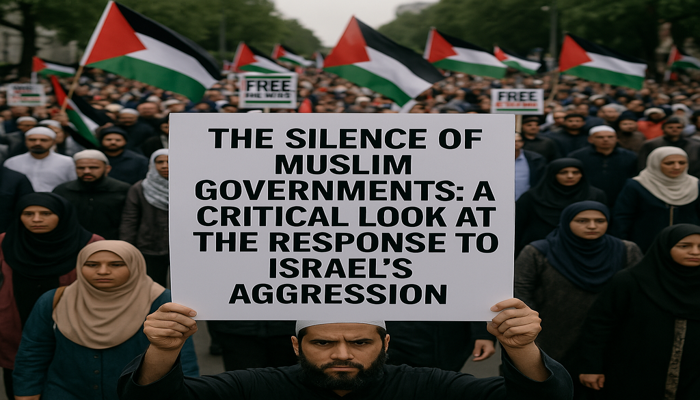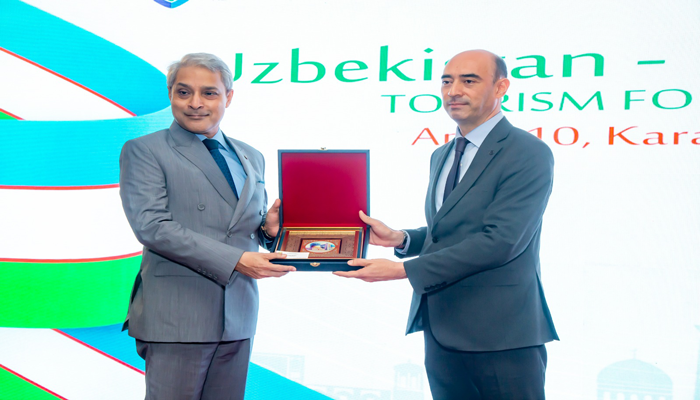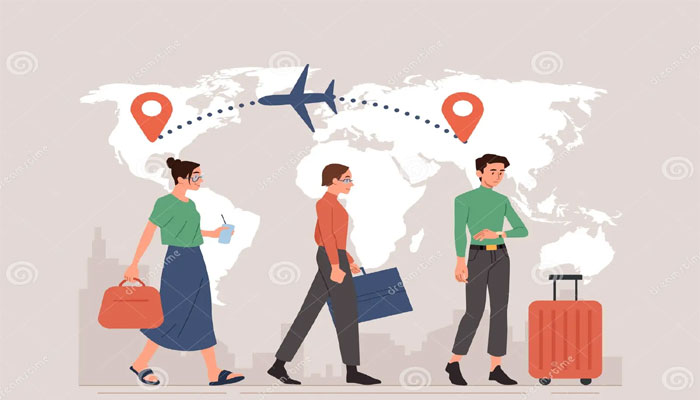Across the Muslim world, millions of people have taken to the streets in support of Palestine. From Jakarta to Istanbul, from Karachi to Casablanca, the voices of the Muslim ummah are united against the atrocities being committed in Gaza and the broader Palestinian territories. This rising tide of public consciousness and solidarity is commendable. The people are awake, they are aware, and they are vocal. But this also begs a critical question: while the people march, where are their governments?
In recent months, we’ve witnessed a surge in boycotts, especially of Israeli products and chains affiliated with Israel. Brands that are known to support Israel or operate within its borders have faced significant backlash from the public. Restaurants have been vandalized, chains have been picketed, and consumers have turned their backs on previously popular products. Yet, despite this groundswell of public pressure, most Muslim governments remain silent spectators.
It is deeply concerning that in many Muslim-majority countries, these same Israeli-affiliated chains continue to operate without hindrance. Worse still, in some places, these businesses enjoy state protection. Police vehicles have been seen parked outside certain Israeli franchise locations—not to restrict them, but to protect them from protesters. Is this not a betrayal of public sentiment? Why are Muslim governments not taking even minimal action, such as banning these products or revoking their licenses?
The masses are not only ready but willing to sacrifice for the Palestinian cause. If Muslim governments were to permit travel to Israel, there is little doubt that thousands—if not millions—would be ready to risk their lives to defend their brothers and sisters. There is passion, there is courage, and there is unity in the hearts of the Muslim people. So again, we must ask: why are their leaders not reflecting this spirit?
Many leading scholars have spoken up. Renowned religious authorities such as Mufti Taqi Usmani and Mufti Muneeb-ur-Rehman have issued fatwas, declaring that for Muslim governments, it is an obligation to support the Palestinian people—not just with words, but with action. According to these respected scholars, jihad is now a fard (obligation) on Muslim states in the face of the ongoing genocide and occupation. But has this call been heeded by any government? Sadly, no.
Instead, what we see is a strategic silence. Governments are treading carefully, weighing their diplomatic ties, trade interests, and geopolitical alignments over the cries of the innocent. The same countries that proudly declare themselves defenders of Islam are failing the very people they claim to protect. This is not just a political failure; it is a moral one.
Let us be clear: public pressure alone cannot bring about systemic change. While boycotts and protests are powerful tools, they require institutional support to be truly effective. If governments were to impose official bans on Israeli products, if ports stopped accepting goods with Israeli ties, if embassies were downgraded or shut—only then would real pressure be exerted. The world would listen. Israel would be forced to take notice.
But the current scenario is painfully ironic. On one hand, there are thousands of people marching in solidarity. On the other, their taxes are funding state mechanisms that protect the very entities they oppose. How long can this contradiction last? How long can the will of the people be ignored?
It is time for Muslim citizens to not only protest against Israel but also to question their own leadership. Why is there no legislation against Israeli trade? Why are diplomatic ties not being reconsidered? Why is the collective voice of the ummah being muffled by the complacency—or complicity—of its rulers?
There is still time. The governments of the Muslim world can still rise to the occasion. They can still align themselves with the truth, with justice, and with their people. But for that to happen, the pressure must continue—not just on the streets, but in parliaments, through petitions, and through every democratic means available.
The strength of the Muslim ummah lies not just in its numbers, but in its unity, its faith, and its commitment to justice. It is high time that Muslim governments prove they are worthy of representing such a powerful and principled people. Until then, the people will continue to ask, and rightly so: What are our governments doing









